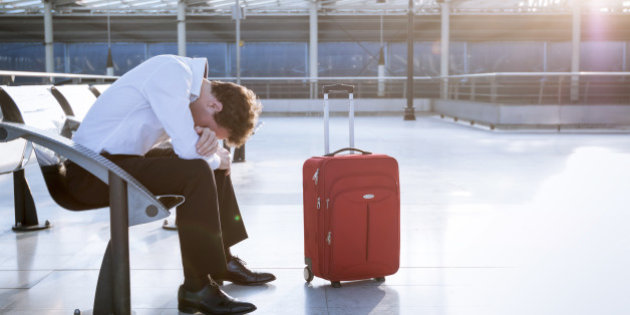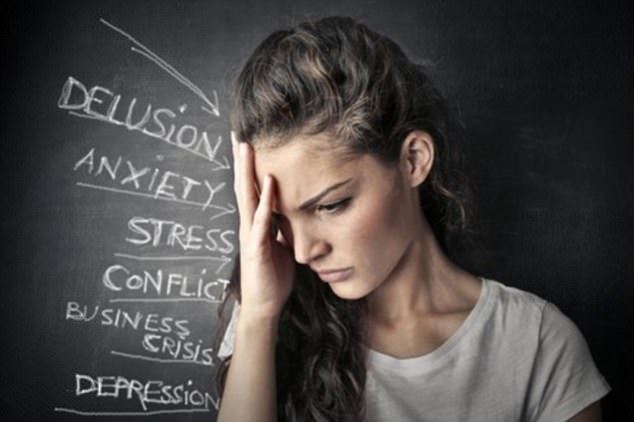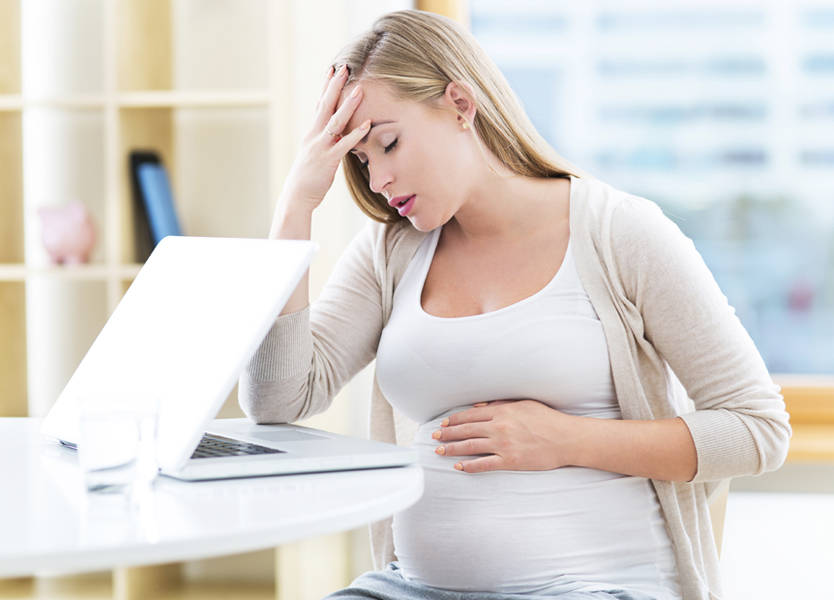Have you ever felt anxious about travel? If feelings of anxiety, worry and fear creep in when you’re travelling, you’re not alone. “Mild levels of travel-related anxiety are common. We all get a little nervous when we’re outside our familiar experiences and places,” says Dr Stephen Carbone, policy, research and evaluation leader at beyondblue. Here, Carbone outlines exactly what travel anxiety is and shares tips on how to manage it.
What is travel anxiety?
Travel-related anxiety is worry, nervousness or fear that occurs in the context of travel. Because travel can take us out of our familiar surroundings and into the unknown, it’s not unusual for people to experience some degree of worry or tension.
It’s important to note the difference between feelings of anxiety – which anyone can experience in everyday life – and having an anxiety condition, which is serious but manageable. Travel anxiety isn’t a medical condition, but rather an experience of anxiety connected with the situation of travel.
Should I travel with a companion?
It’s great to share experiences with our partner, family or friends. However, for some people having a travelling companion may be a way of avoiding a situation they think they can’t handle on their own. This may actually be counterproductive to helping overcome an anxiety condition.
People with anxiety conditions are typically preoccupied that something terrible is going to happen and that they will not be able to deal with it on their own. They mistakenly believe that they can only be safe if someone is with them all the time and they may therefore avoid travelling alone. This type of thinking may reinforce the anxiety and make it stronger because – even if everything goes well – an anxious person will think that it was only because they were with someone, rather than acknowledging that most times nothing bad happens when we travel, regardless of who we’re with.
Ultimately, most people can travel quite safely on their own. It’s important not to let anxiety get in the way of seeing the world, but to seek advice or support for how to manage it. You may still decide to travel with others, but hopefully it’s because you’d like to, rather than because you feel you have to.
How can I reduce travel anxiety?
Being organised and prepared can help reduce our tendency to worry. Researching your destination, booking well in advance, and planning an itinerary can be helpful to reduce travel-related anxiety. However, part of the fun of travel can be when you enjoy unexpected opportunities. Try to give yourself some flexibility to enjoy the spontaneity of travel.
Dr Carbone’s travel anxiety management tips
Just breathe
When your fight-or-flight system is activated by a real or perceived danger, the body releases a flood of hormones, including adrenaline. As a result, your breathing becomes faster and shallower, your heart beats quicker, you sweat more, your muscles tense up, and your gut and bladder react. One simple way to switch off this adrenaline surge is to deliberately slow down your breathing. Close your eyes, count to three as you breathe in slowly, and then count to three as you breathe out slowly. Your breathing will incrementally slow down and the rest of your bodily sensations will reduce as well.
Meditate
Certain forms of meditation, such as mindfulness meditation, have been shown to be effective to manage stress, reduce anxiety and reduce depression relapse rates. Mindfulness meditation is an exercise in focusing your awareness on the present moment. It takes your mind off things you’re worrying about – things that may or may not happen.

Relax your body
Progressive muscle relaxation is another common anxiety-reduction technique. Find a quiet location to sit. Close your eyes, and slowly tense and then relax each of your muscle groups from your toes to your head. Hold the tension for several seconds then release quickly. This sustained tensing of the muscles slows down the firing of the nerves and muscle fibres and can help reduce the feeling of muscle tension that occurs with anxiety.
Use your imagination
Visualisation is another useful technique. Close your eyes and imagine a scene that you find pleasant and relaxing – a peaceful forest or tranquil beach. Imagine yourself walking in that place. Focus on the pleasant sensations like smell, touch and temperature and let them envelop your body. This will help release tension.
The visualization technique can also be used to rehearse a situation you’re worried about before it happens. Walk through the situation in your head and think about how you’ll handle it – this allows you to be better prepared and feel calmer when you are faced with the real thing.
Be aware of negative thinking
Monitoring your inner self-talk can be a powerful anxiety buster. There is strong evidence to show that how we think can affect how we feel. People who experience anxiety often overestimate difficulty and danger and underestimate their ability to handle it. They’re more likely to focus on the worst-case scenario rather than the likely scenario. In the unlikely event that something negative does happen, you need to back yourself to be able manage that situation.
Take a holistic approach
Regular physical activity, a healthy diet, being immersed in nature, spending time with family and friends, and other positive lifestyle habits are all effective in keeping your mind and your body fit and healthy and reducing stress and anxiety.





